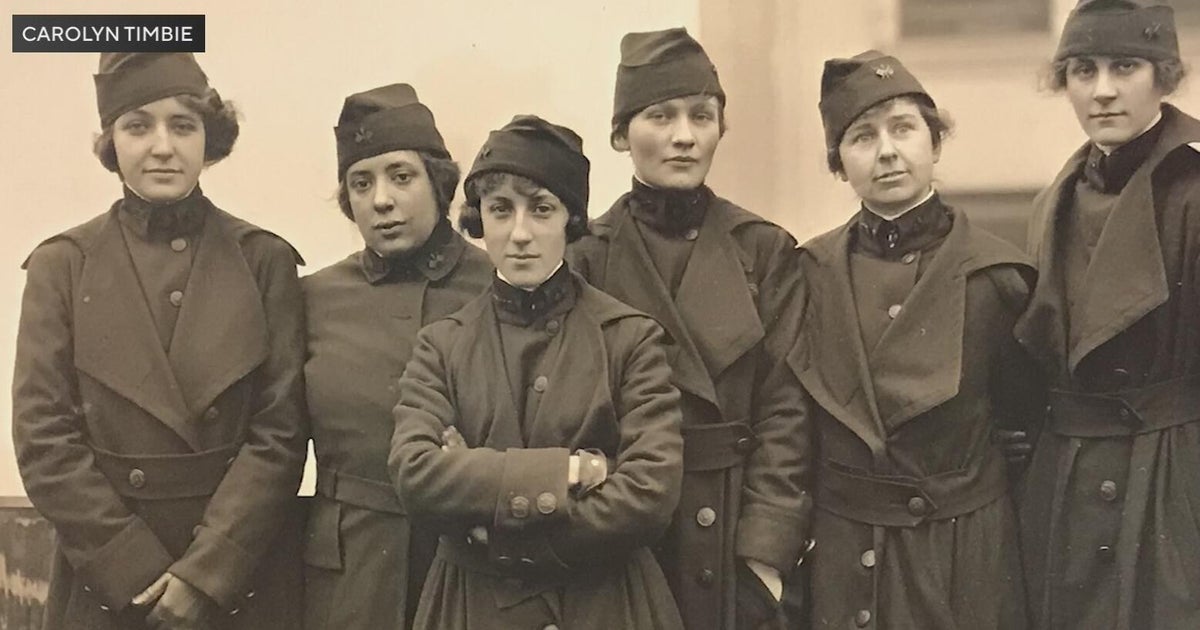Steppenwolf Playwright Among MacArthur 'Genius Grant' Winners
CHICAGO (CBS) – A playwright and ensemble member of Chicago's Steppenwolf Theatre Company is among the winners of the 2013 MacArthur Fellowships – better known as the "genius grants."
Tarell McCraney joins 23 other winners, a group that includes a physician, a novelist and an astrophysicist, each receiving a no strings attached, five-year, $625,000 grant.
"I'm extraordinarily honored," says McCraney, 32, in a video announcement provided by the Chicago-based John D. and Catherine T. MacArthur Foundation, which has been awarding the fellowships since 1981.
Steppenwolf Playwright Wins 'Genius Grant'
This year's winners include 13 men and 11 women who range in age from 32 to 60, described by the foundation as "exceptionally creative individuals with a track record of achievement and the potential for even more significant contributions in the future."
"When I received a call about this fellowship, I put the phone down for a long period of time just so I could pick it up again and make sure they were still there. I figured if it was a hoax, they would make themselves known," says McCraney.
A native of Miami, McCraney earned his theatre degree from DePaul University in Chicago. In addition to his work with Steppenwolf, he helps bring theatre to elementary and secondary school students in inner cities and underserved areas of Miami. He says his mission is to demonstrate to younger audiences how theatre can evoke a sense of "shared humanity."
"The theatre has always been a part of my life and from early days I was inspired to get involved. I was very shy, I am still very shy. The idea of being able to speak and to say intimate things in a community atmosphere became engaging to me, became important to me."
The MacArthur Foundation highlighted McCraney's exploration of "new roles for fantasy, surrealism, and mythology in drama and fiction in the portrayal of urban communities."
"I want to be able to take a cast that's smaller, a cast that almost any theatre can afford and shape the plays so that they can be performed by a cast of that size and be taken anywhere," he says.
"Theatre takes a long time to make, sometimes years of research, development, concentrating ideas and then the collaboration part starts. This fellowship will allow me more time, more space, to endeavor in the long run of what theatre needs to be successful."
The MacArthur Fellowship winners are nominated and selected in a secret process and do not apply for the grants. Thousands of expert and anonymous nominators, evaluators, and selectors help choose the winners.
Another winner with ties to Chicago is Paleobotanist C. Kevin Boyce of Stanford, California. Boyce uses cutting-edge technology to interpret how plants have evolved at the cellular level. He previously taught at the University of Chicago.
"This year's class of MacArthur Fellows is an extraordinary group of individuals who collectively reflect the breadth and depth of American creativity," says MacArthur Fellows Program Vice President Cecilia Conrad. "They are artists, social innovators, scientists, and humanists who are working to improve the human condition and to preserve and sustain our natural and cultural heritage. Their stories should inspire each of us to consider our own potential to contribute our talents for the betterment of humankind."







